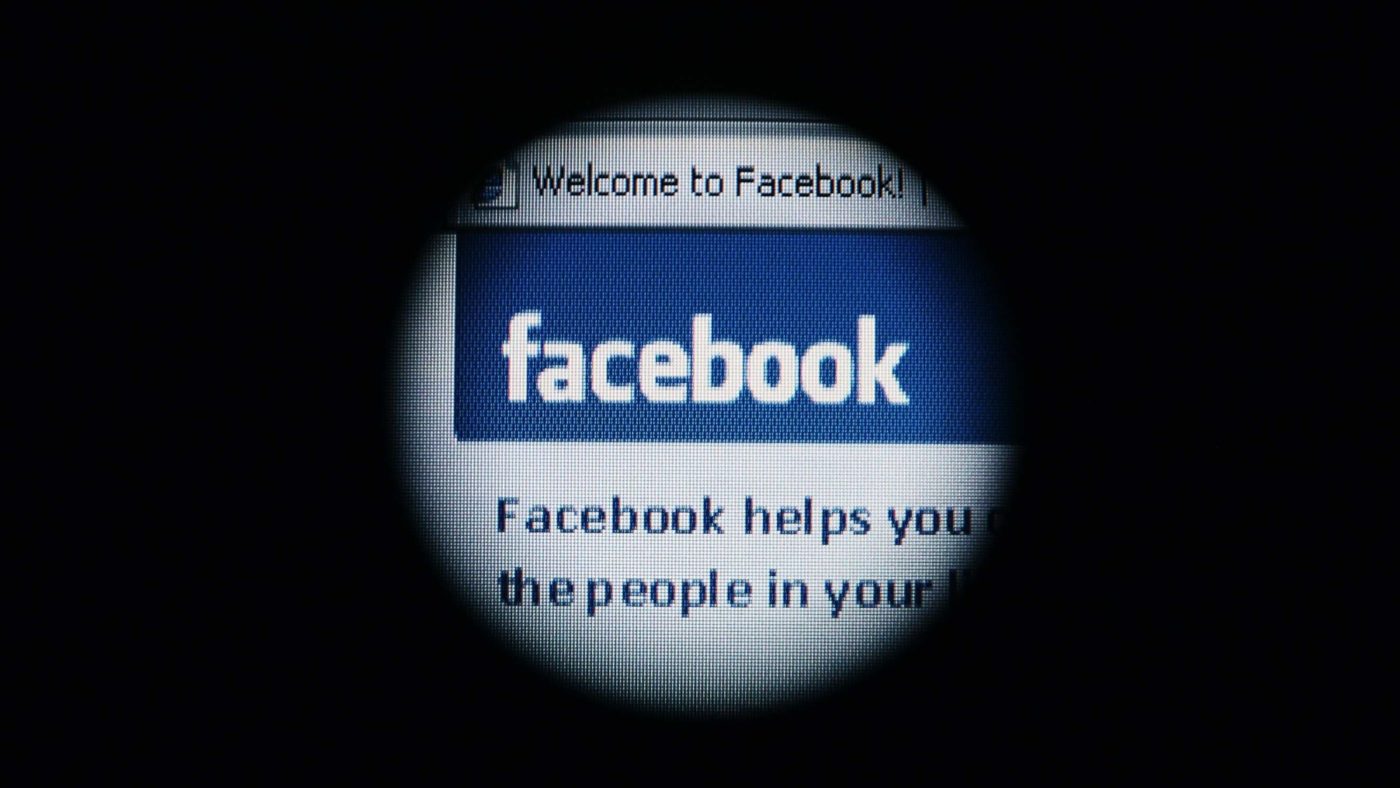On Tuesday, Prime Minister Theresa May’s spokesman declared that “we are living in an era of fake news and competing narratives” and announced that in response the British government would launch a “dedicated national security communications unit” that will have the task of “combating disinformation by state actors and others”.
As someone looking into fake news for an upcoming book, I am, in principle, pleased to see the government taking the issue seriously. Fake news – intentionally false stories presented as news either for profit or political advantage and usually spreat — is symptomatic of the post-truth environment in which doubtlessly now we live. But that broader context is exactly why the Government is absolutely the wrong body to try and deal with fake news.
There has been a collapse in trust and support for key institutions such as government, the media and the police in recent years. This is, in no small part, the fault of the institutions themselves. They have been mired in scandals of their own making. Everything from Hillsborough to phone hacking to the fiddling MPs’ expenses has chipped away at the public’s support for institutions they once trusted. The steady stream of scandal means that when people read conspiracy theories now they are more inclined to believe them — and that they are far more receptive to fake news.
In an interview for my book James McGrory, formerly a spokesman for Nick Clegg and then the Remain campaign, now the Executive Director of Open Britain, told me: “There’s always been a healthy mistrust of people in power in Britain. I think that’s a good thing. I’m a liberal. I think people in power should be constantly questioned and challenged and authority questioned and challenged but in a good way. Where I think we’ve got a bit of a problem now in society — this hit home in the referendum campaign in particular — [is that] people don’t really trust anything anyone in a position of authority says.”
Edelman’s 2018 Trust Barometer, the results of an online survey conducted across 28 countries released this week, underlines McGrory’s point. It found that trust in the UK overall has fallen by two per cent in the last year. Of the countries polled, only the populations of Ireland, South Africa, Japan and Russia are less trusting than the UK.
In the US, trust in government among the general population has crashed by 14 per cent. Edelman says this fall is the “steepest ever measured”. Another first year polling success for President Trump. Edelman calls this an “unprecedented crisis of trust”.
In these circumstances, both in the UK and elsewhere, how can a government possibly expect to fight the problem of fake news? The answer, of course, is that it can’t. The best government and other institutions can do is try to rebuild trust in themselves.
I can understand the Government’s desire to want tackle this issue from a national security perspective. Of course, the country’s national security infrastructure must protect against foreign interference in key events such as elections. In Kenya, for example, the Vice President’s estate was attacked and an election official was tortured and murdered due to fake news stories and Kenyan mistrust of the information they were receiving. No surprise then that a staggering 90 per cent of Kenyans said they had been exposed to fake news ahead of the poll.
But however well-intentioned the government’s fake news plans, the idea that they are going to be able to declare what is legitimate news and what is fake and that enough people will listen to them is absurd. Not only is there huge mistrust towards government, but there are major practical challenges too.
Whoever seeks to fight fake news, whether it be government, the media, or the tech giants is going to be battling against hard to burst social media bubbles and to counter hugely popular hyper-partisan websites. The different elements of this ecosystem feed off each other to spread false or misleading information.
Then there are the rather sinister implications of a government declaring itself the arbiter of what is true and what is not. The government has claimed the threat of “competing narratives” are part of the rationale for its fake news. Is that not a fact of life in a liberal democracy? Indeed, if those narratives are based on fact, is that not exactly what we want?
The potential to justify delegitimising or even censoring news and views that are uncomfortable by dismissing them as fake, a tactic attempted by President Trump and other authoritarians around the world, is far too great. Is the government seeking to protect illegitimate interference, or simply spread little more than propaganda, dismissing anything it does not like as fake news?
And attacks against “fake news” would have particular force if they were done under the guise of national security.
So yes, while it is important that the government, like all other institutions, join in the fight against fake news, one of the best ways they can do that is by striving to rebuild trust in themselves.


